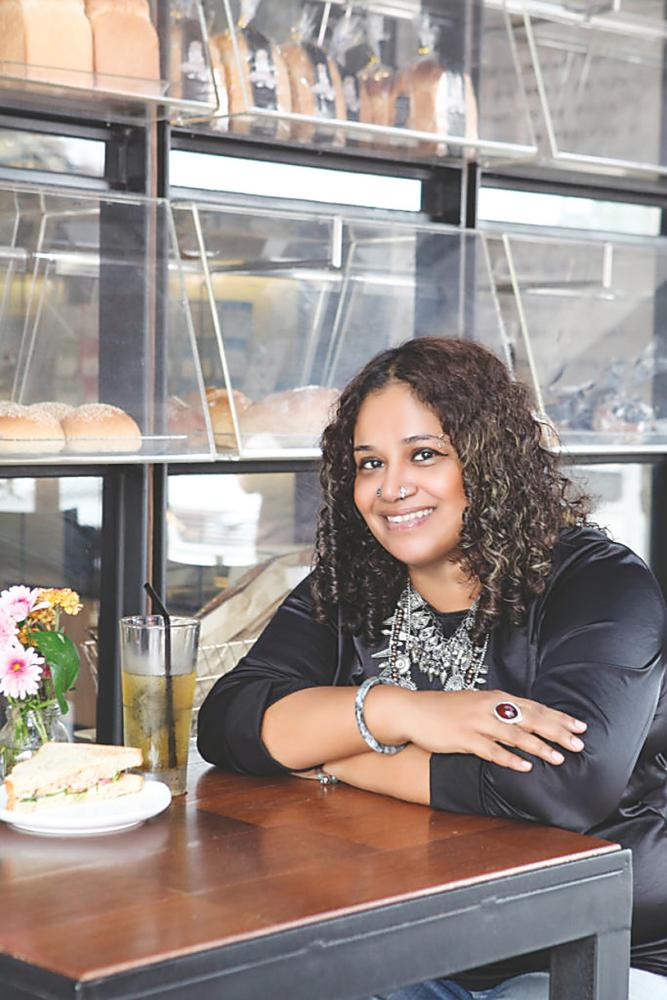FOR THE past three years, Mahi Ramakrishnan has been working hard to change Malaysians’ negative perception of refugee communities in our midst through The Refugee Fest, which she founded in 2016. This year is no different.
“My aim has always been to use performing arts to connect Malaysian society with the refugee communities,” says this documentary maker and freelance journalist.
“I want Malaysians to understand that these people have been forced to flee their country because they were being persecuted there. If they had remained in their country, they would have been killed.
“They have no choice [but to leave]. All they want is a better life for themselves and their families.”
This fourth edition of The Refugee Fest, which starts from June 13 and ends June 16, is themed ‘Inclusion for a Better World’.
It opens with the launch of Life Under Taliban, a book written by Masuma Tavakoli detailing the experiences of the people in Afghanistan while under the rule of the Taliban.
Born to Afghan parents in Isfahan, Iran, Masuma was forced to stop schooling by her brother, who then took the family to Afghanistan.
She was then made to work as a carpet-maker at age 12 to supplement the family income.
Forcefully married off at age 15 as part of a deal between two families, Masuma and her husband suffered years of abuse before managing to escape with the help of her husband’s Iranian employer.
Masuma and her husband, together with their two sons, have been living in Malaysia for the last four years.
Masuma told her story to Iranian student Amin Kamrani in her native Persian language, who then translated it into English for Mahi, so that she could write down this refugee’s tale.
Her 74-page story is accompanied by 38 illustrations done by Masuma which highlight the oppression of the Afghan people, especially the womenfolk, under the Taliban rule.
Amin himself will also be participating in the festival, by presenting portraits he has taken of refugees, while also sharing their heartbreaking stories.
Another highlight of the festival is the documentary Sonita by Iranian-American filmmaker Rokhsareh Ghaemmaghami, which won the main award at the IDFA (International Documentary Film Festival Amsterdam) in 2015.
Sonita tells the story of real-life Afghan refugee Sonita Alizadeh, whose family tries to sell her into marriage.
Sonita decides to channel her frustrations through music, composing a rap song called Brides For Sale which brings her plight to international attention.
The screening tomorrow at 3pm will be followed by a question-and-answer session with the director via Skype.
There will also be several interesting panel discussions, including ‘A Trauma Without End’, which brings to light the high rates of untreated depression, anxiety, and suicide within the refugee communities.
Another interesting discussion is ‘Pillars of Strength’, where the panel will speak about how children, youth and woman make up more than half of refugees worldwide, and are more vulnerable to sexual violence, exploitation, and neglect.
There will be also a poetry reading session by refugees from Syria, Afghanistan, Pakistan and Sri Lanka, who will share their verses detailing their search for a new home. Some Malaysian poets will be joining the session as well.
“This is the first time we are including Malaysian poets and artists into the festival,” says Mahi.
The festival will end on a musical note, with musicians and poets from different cultures, countries, and faiths coming together and jamming on stage.
“There are no borders when it comes to music and love,” adds Mahi.
For more, visit The Refugee Fest Facebook page.










